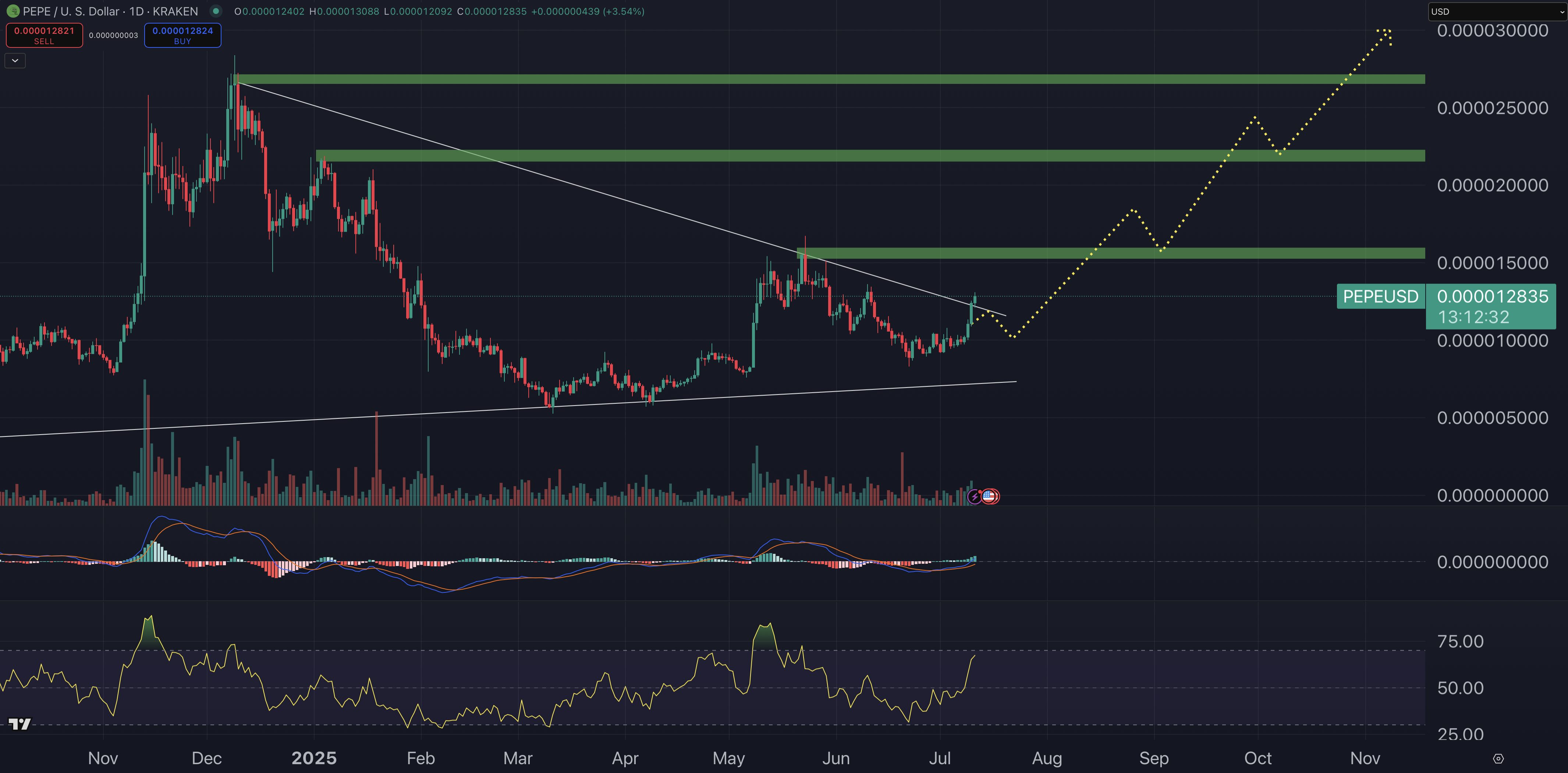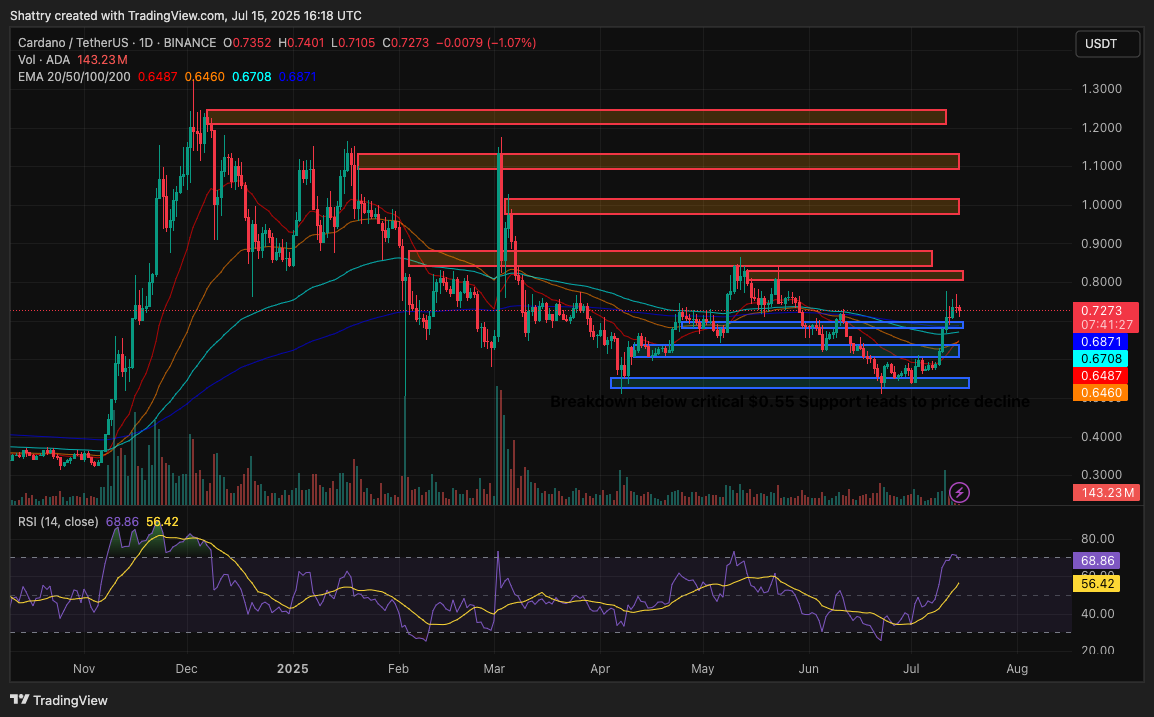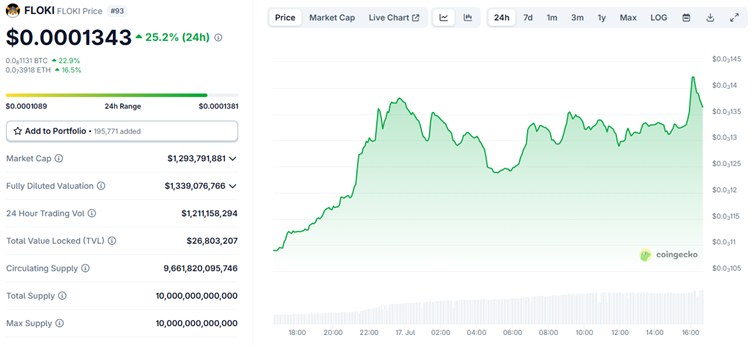Unlock the Editor’s Digest for free
Roula Khalaf, Editor of the FT, selects her favourite stories in this weekly newsletter.
Sir Keir Starmer has won a huge parliamentary majority on strikingly thin support. Labour won only 34 per cent of the vote. The shift in support for the Conservatives since its big victory in 2019 also underlines the electorate’s extreme fickleness.
Perhaps most disturbing, a new report, Damaged Politics? from the National Centre for Social Research, argues that “Trust and confidence in governments are as low as they have ever been.” The details are sobering: “45 per cent would ‘almost never’ trust British governments of any party to place the needs of the nation about the interests of their own political party”; “58 per cent would ‘almost never’ trust politicians of any party in Britain to tell the truth when they are in a tight corner”; and 71 per cent think the economy is worse off because of Brexit, the flagship policy of the Tory government.
The challenge for Labour is not just to govern well, but also to restore trust in doing so. If it fails to do both, there has to be a good chance that it will be swept out of power next time. When trust in respectable policy and conventional politics collapses a large proportion of the electorate will embrace promises from mendacious demagogues. Yet the dangers of that form of politics have been perfectly revealed in the fate of the last government.
Thus, curtailing trade with the UK’s closest neighbour and biggest market could never have made it richer. An interesting recent paper, “Levelling Up by Levelling Down”, reaches three sobering conclusions: first, the overall output losses of Brexit (relative to a synthetic counterfactual) are at least 5 percentage points of GDP; second, Brexit did reduce regional inequality, but did so by “levelling down” — that is, damaging — prosperous regions more than less prosperous ones; and, third, support for right-wing populist parties rose in regions that experienced Brexit-related output losses. Thus, the losses caused by populist lies can benefit the politicians who propound them.

Yet this has not helped the Conservatives, because they cannot play the populist card as well as a Nigel Farage can. They also need the support of people who expect a governing party to show decency, sobriety, seriousness, reliability and competence.
Now comes Starmer. The big question is whether he can restore trust by delivering results, the only way likely to work in the long run. He has gained power not only because of the evident failures of the previous government, but also because of the exceptionally poor performance of the economy since the 2007-09 financial crisis, followed by the losses caused by Brexit, the pandemic and the “cost of living crisis”. The Conservatives had no answer to the former and were battered brutally by the latter three.
Starmer’s challenge, and that of his chancellor Rachel Reeves, is quite simple: he has promised to make things better while also changing very little. This caution was self-evidently excessive and will now make it far harder to govern.
One immediate problem caused by such caution arises from the imperative to improve public services, especially the National Health Service and local government. How will this be possible in an idling economy without borrowing more or raising more than a trivial amount in extra taxes? Yes, Labour might be lucky. Maybe the passing of all the recent shocks and the appearance of a stable government will be enough to reignite growth. But what if it is not?

My colleague, Robert Shrimsley, has argued that this may be the last chance for “centrism” in the UK. Alternatively, it might be the last chance for any government that tries to deliver results, rather than just channel anger. This government then must actually deliver those results.
As former Bank of England chief economist Andy Haldane argues, they will need to take some bold steps. I would stress coming much closer to the EU, radically liberalising planning, relaxing regulations, supporting innovation, decentralising power, reforming taxation, strengthening the pension system, enabling life-long learning, rationalising immigration, and improving the efficiency and effectiveness of public services and administration. They are also going to have to raise taxes, including by reforming the taxation of land and replacing fuel duty with a tax on emissions of greenhouse gases.
The difficulty is that none of this will be easy and parts of it have been ruled out in advance. But breaking promises would further worsen the lack of trust they have inherited. This then is the trap that past failures and Labour’s promises have created. It is of huge importance that Starmer finds a way out of it.
martin.wolf@ft.com
Follow Martin Wolf with myFT and on Twitter
Credit: Source link











